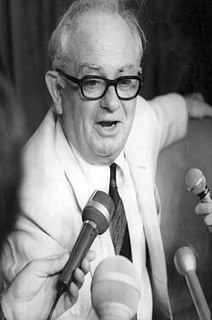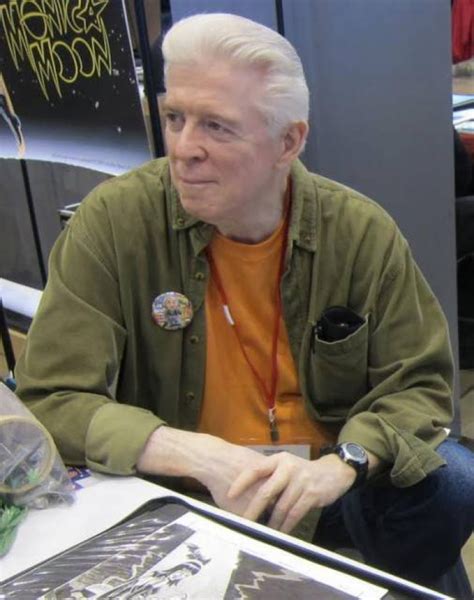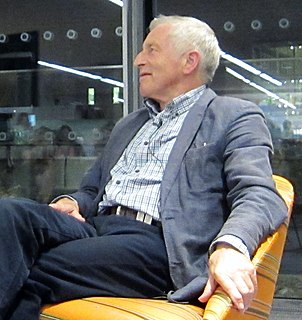A Quote by William J. Duiker
In the spring of 1946 [Ho Chi Minh ] signed a provisional agreement with the French representative on a compromise solution to the dispute over Vietnamese independence. Once again, he might have been naive in hoping that a compromise was really possible.
Related Quotes
On many occasions in the late 1950s and 1960s, [Ho Chi Minh's] ideas were apparently ignored by those who felt that his approach was too naive and prone to compromise. The outbreak of open warfare with the French and later with the United States was in effect a sign of the failure of Ho Chi Minh to achieve his objective to fight and win at low cost.
If [Ho Chi Minh] had had carte blanche over his movement, would the results of the war have been different? That is difficult to say. In some cases - as in 1945 and 1946, he appeared to overestimate the possibility that the United States might decide to recognize his government and the independence of the DRV (although to be fair, from the outset he had warned that Washington might eventually decide to align with the French because of the Cold War).
I see no reason to believe that the Vietnamese Communist Party will lose control over the reins of power in Vietnam. There is no organized force in the country that is capable of competing with the VCP for power. And the party still believes that it must rule by intimidation and by dominating the political scene In effect, it has abandoned that part of Ho Chi Minh's legacy that the people must be won over by persuasion rather than by force - a dictum that Ho Chi Minh did not always follow himself.
We seem bent upon saving the Vietnamese from Ho Chi Minh, even if we have to kill them and demolish their country to do it....I do not intend to remain silent in the face of what I regard as a policy of madness which, sooner or later, will envelop my son and American youth by the millions for years to come.






















